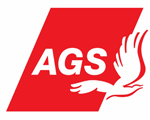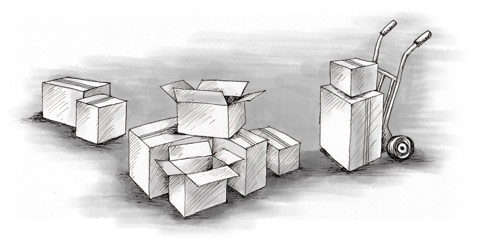The form is available in several languages and should be completed in the language of the form (i.e. in French if the form is in French, English if the form is in English). Hand your completed form to the customs officer at your port or frontier of entry. The head of a family may make a joint declaration for all members residing in the same household and travelling together to the US.
There are no restrictions on the amount of money you may take into the US, although if you take in more than $10,000 in currency or ‘monetary instruments’ you’re required to state this on your customs declaration form (large sums of cash are often carried by criminals, particularly drug traffickers).
Some US ports and international airports operate a system of red and green ‘channels’, as is common in Europe. Red means you have something to declare and green means that you have nothing to declare, i.e. no more than the customs allowances, no goods to sell, and no prohibited or restricted goods. If you’re certain you have nothing to declare, go through the ‘green channel’; otherwise go through the red channel.
US customs checks are usually much stricter than in Europe and many other countries, and even when you go through the green channel you may be stopped, your customs declaration form inspected and you may be asked to open your bags. At ports without red and green channels, your baggage may be given a thorough inspection or you may be questioned by a customs officer while you’re waiting to claim your bags. There are stiff penalties for smuggling.
A list of all items you’re bringing in is useful, although the customs officer may still want to examine your bags. If you’re required to pay duty or Internal Revenue Service (IRS) tax, it must be paid at the time goods are brought into the country. Import duty and tax may be paid in cash in dollars; by government cheque, money order or dollar travellers’ cheques (provided cheques don’t exceed the amount of the duty payable by more than $50); by personal cheque (made payable to the ‘US Customs Service’) for the exact amount of duty, drawn on a national or state bank or a trust company in the US; and with major credit cards, e.g. Mastercard and Visa.
If you’re unable to pay on the spot, customs keep your belongings until you pay the sum due. This must be paid within a certain period, noted on the back of your receipt. Postage or freight charges must be paid if you want your belongings sent on to you.
If you’re discovered trying to smuggle goods into the US, customs may confiscate them, and if you hide them in a vehicle, boat or plane, they can confiscate that also! If you attempt to import prohibited items, you may also be liable to criminal charges or deportation.
If you have any questions regarding the importation of anything into the US, contact the customs representative at your local US embassy or consulate or check the ‘Know Before You Go’ document on the CBP website (www.cbp.gov ).
This article is an extract from Living and Working in America. Click here to get a copy now.




